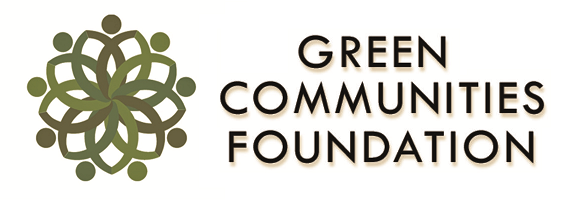The Problem –
Waste Management has been a largely neglected topic in the rural areas and is now becoming more and more prominent with increasing availability and consumption of various types of consumer products. This generates a large quantity of packaging waste. Mixed waste at a household level like paper, plastic and organic waste is burnt or littered since there is no existing infrastructure to manage waste scientifically. Improper Waste Management in rural areas thus leads to air, water and soil pollution.
The Solution –
Segregated waste can be a resource and can generate economic value. The solution lies in working with various stakeholders like residents, waste collectors and aggregators and recyclers and creating a system to ensure every type of waste is separated and managed correctly.
APPROACH and IMPLEMENTATION –
Selection of the district
- District is selected based on the availability of a strong local partner – someone who can help us get access to the villages.
- In the case of Raigad, it was Swades Foundation which had a deep connect in the villages
- The district should preferably also have supportive govt teams (Swachh Bharat Mission officers) and other office bearers
Selection of the on-ground partner
- The partner should have a good on-ground coverage of multiple blocks in the district.
- Good on-field staff and high level of equity with the villages is a must.
- Swades Foundation ticked all the boxes on that front
Selection of village
- Support of village sarpanch and other office bearers is a must
- Active presence of village development committees who can support our initiatives.
- Ease of access to the village, good roads.
Conducting a baseline
- We start with a baseline study to understand the current status of waste management in the village
- This includes current habits and practices followed by villagers, current infrastructure availability and garbage disposal methods
- General awareness around waste management and attitudes are also captured
Onboarding the village
- Initially started with conducting gram sabhas (village meetings) – presentations about waste management. the need, the process.
- Now we directly approach the villages, have corner meetings, explain to people the concept and add the village to the route map if they are interested.
- The pickup truck we send for waste collection itself serves as an awareness generation tool and it is used to impart all the information about what dry waste we collect.
Implementing segregation at source
- Reusable bags – Each household is asked to procure a reusable bag for storing their dry waste.
- This bag can be bought from GCF or they can procure their own bag.
- The dry waste including paper, cardboard, plastic, metal, glass etc is stored in the bag.
Aggregation of waste at the village level
- The villages are also asked to place storage drums at various points in the village for collection of the dry waste.
- Once the reusable bag fills up with dry waste, the household empties it in one of the aggregation drums placed in the village.
- Thus, the dry waste gets accumulated
Dry Waste pickup planning
- We are covering 300 villages across 7 talukas (blocks) in Raigad district. For each taluka we have created a whatsapp group on which key representatives from the villages in that taluka are included.
- The pickup schedule for that taluka is communicated through this whatsapp group.
- Typically, a monthly schedule is put out with the date and the route plan covering various villages in that route.
- In all as of now there are 23 routes across 7 talukas, with about 10-15 villages in each route.
IMPLEMENTATION TEAM
Swades on-ground team is already well entrenched with the target villages. They help organize training sessions for awareness and sensitization which are conducted by the GCF program team. The village development committees are made responsible for local compliance in terms of segregation. The GCF monitoring team also keeps a track whether the standard operating procedure is being followed at the villages.
The GCF team also identifies partners who are part of the supply chain which consists of aggregators and recyclers and liaisons with them to ensure that inorganic waste is collected and transported to its appropriate destination.
Impact created –
A behaviour change has been brought about as regards the waste management habits of villagers. This set of 300 villages (over 18000 houses) will now save over 120 tons of just inorganic waste from getting burnt, littered or dumped every year. In addition to the positive impact on the overall village environment, it will have positive effects on health and hygiene of villagers due to reduced pollution levels.
SCALE UP PLAN –
Swades has a plan of creating over 800 dream villages in Raigad in the next one year. One of the requirements to certify a village to be a dream village is that it should be doing proper Waste Management. Thus, Swades and GCF plan to enroll all these dream villages to become Waste Free villages in the next one year thus ensuring over 120 tons of waste is correctly recycled year on year.
To support this effort, please check our crowdfunding campaign:
https://give.do/fundraisers/waste-management-in-rural-maharashtra

